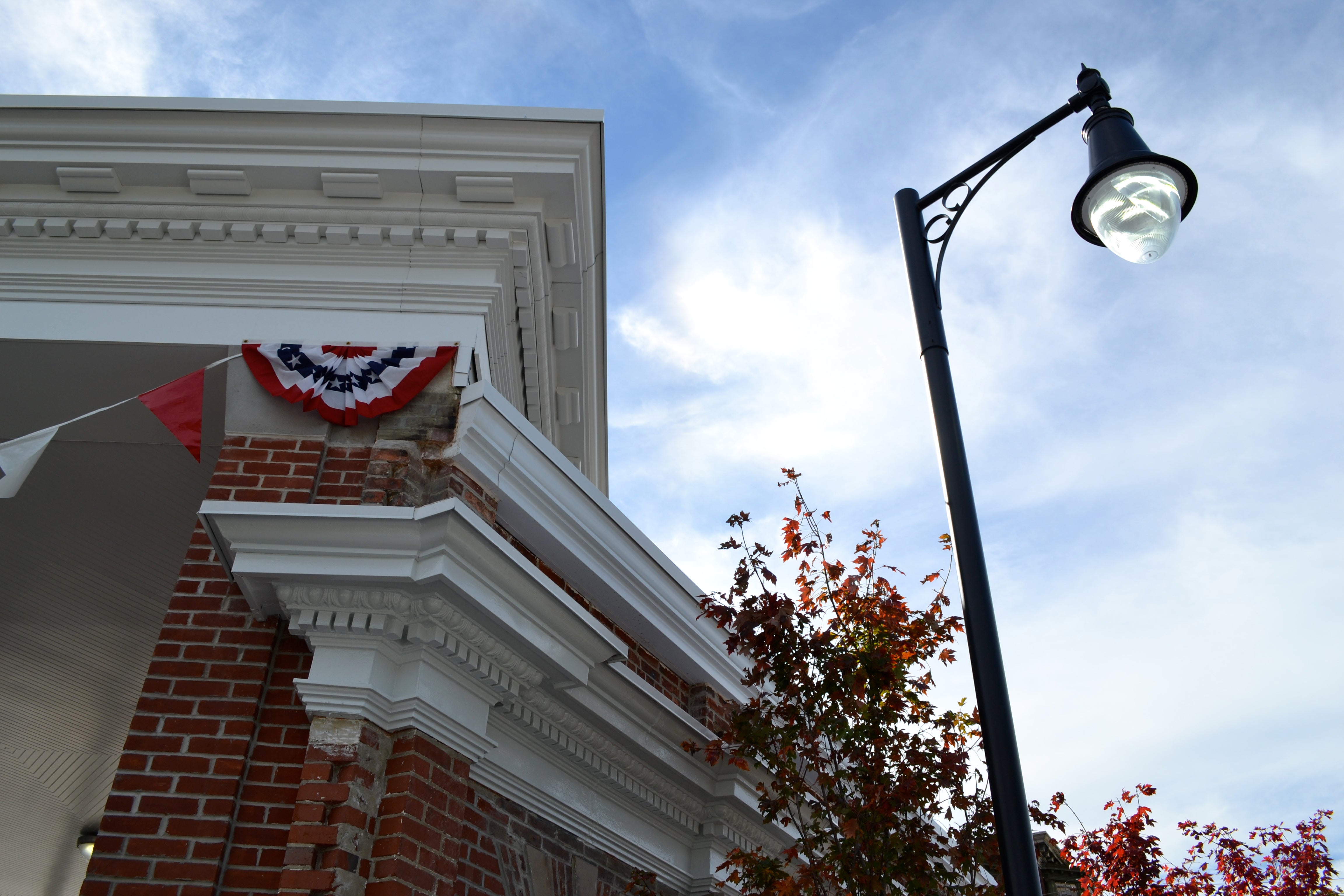Reynolds Brown introduces bill requiring City to use LED lights

Councilwoman Blondell Reynolds Brown introduced legislation mandating the City of Philadelphia to install LED lighting during every major municipal renovation or new construction project.
LED lights consume up to 90 percent less electricity and lost much longer than traditional bulbs, said Reynolds Brown. The upfront costs of switching are made up by long term efficiencies. Recently, the City replaced its 85,000 traffic signals with LED lights. According to Reynolds Brown, that switch has saved Philadelphia $1 million annually.
It’s unclear how necessary this legislation is, though.
“In many cases, new construction or large renovations of City buildings are already incorporating energy efficient LED lighting into the scope of the project,” said Mike Dunn, a spokesman for Mayor Jim Kenney. “This legislation will ensure that energy efficient lighting is budgeted for, and evaluated for inclusion, in every City project.”
The lighting industry began to phase out incandescent bulbs following passage of the federal Energy Independence and Security Act, which increased light bulb energy efficiency standards in 2012. Most incandescent bulbs do not meet the improved standards, leading many manufacturers to switch production lines from incandescents to LEDs and other energy efficient bulbs.
Today, it’s harder to find an traditional incandescent bulb than an LED or a compact fluorescent bulb; IKEA stopped selling incandescents in 2011.
McKinsey & Company estimates that LEDs make up over 40 percent of the North American general lighting market today, with other types of energy-efficient bulbs making up most of the rest; incandescent bulbs are just 4 percent. LED market share is expected to only grow in coming years.
WHYY is your source for fact-based, in-depth journalism and information. As a nonprofit organization, we rely on financial support from readers like you. Please give today.



